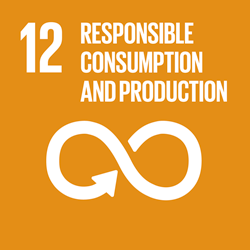Technological watch
Influence of methylation and demethylation on plant uptake of emerging contaminants
Contaminants of emerging concern (CECs) as well as their transformation products (TPs) are often found in treated wastewater and biosolids, raising concerns about their environmental risks. Small changes in chemical structure, such as the addition or loss of a methyl group, as the result of methylation or demethylation reaction, may significantly alter a chemical’s physicochemical properties. In this study, we evaluated the difference in accumulation and translocation between four CECs and their respective methylated or demethylated derivatives in plant models. Suspended Arabidopsis thaliana cell culture and wheat seedlings were cultivated in nutrient solutions containing individual compounds at 1 mg/L. The methylated counterparts were generally more hydrophobic and showed comparative or greater accumulation in both plant models. For example, after 1 h incubation, methylparaben was found in A. thaliana cells at levels two orders of magnitude greater than demethylated methylparaben. In contrast, the demethylated counterparts, especially those with the addition of a hydroxyl group after demethylation, showed decreased plant uptake and limited translocation. For example, acetaminophen and demethylated naproxen were not detected in the shoots of wheat seedlings after hydroponic exposure. Results from this study suggest that common transformations such as methylation and demethylation may affect the environmental fate of CECs, and should be considered to obtain a more comprehensive understanding of risks of CECs in the environment.
Publication date: 01/12/2022
Author: Yaxin Xiong, Qingyang Shi, Nathan D. Sy, Nicole M. Dennis, Daniel Schlenk, Jay Gan






